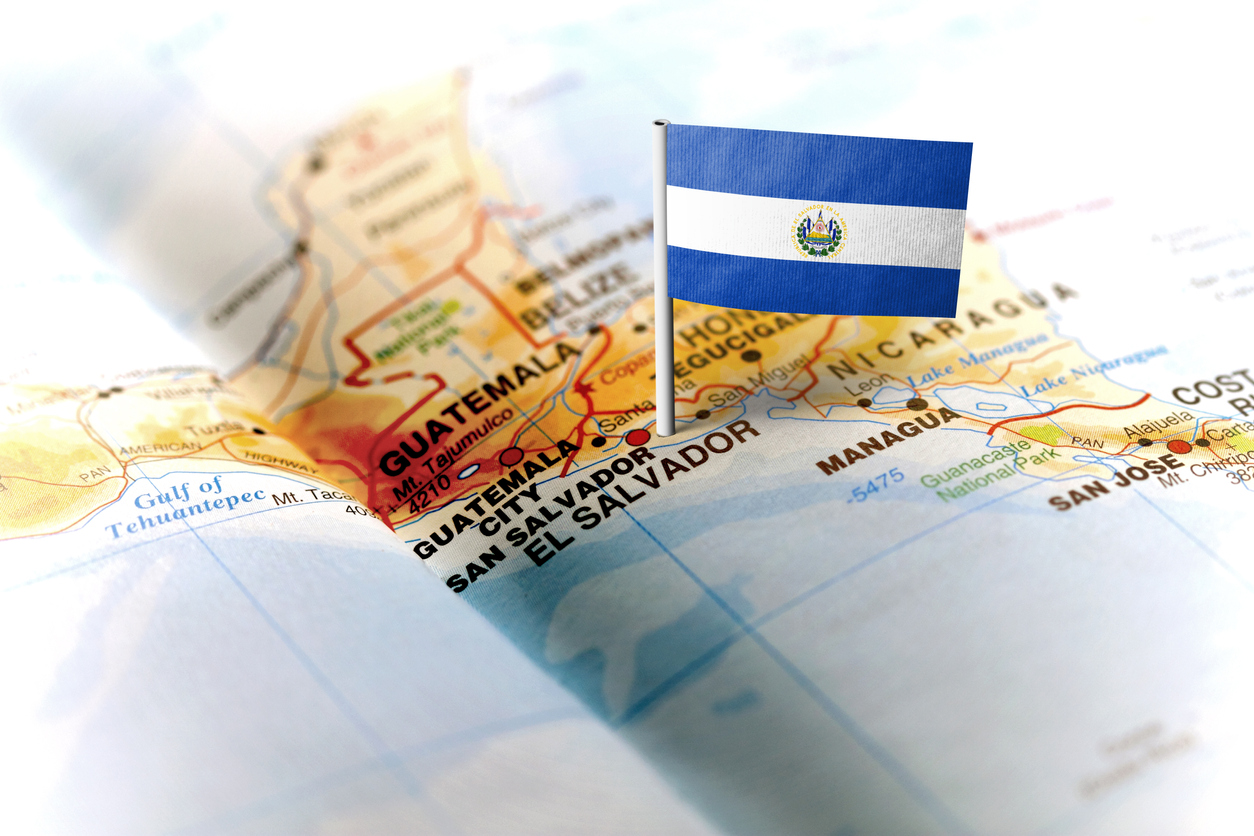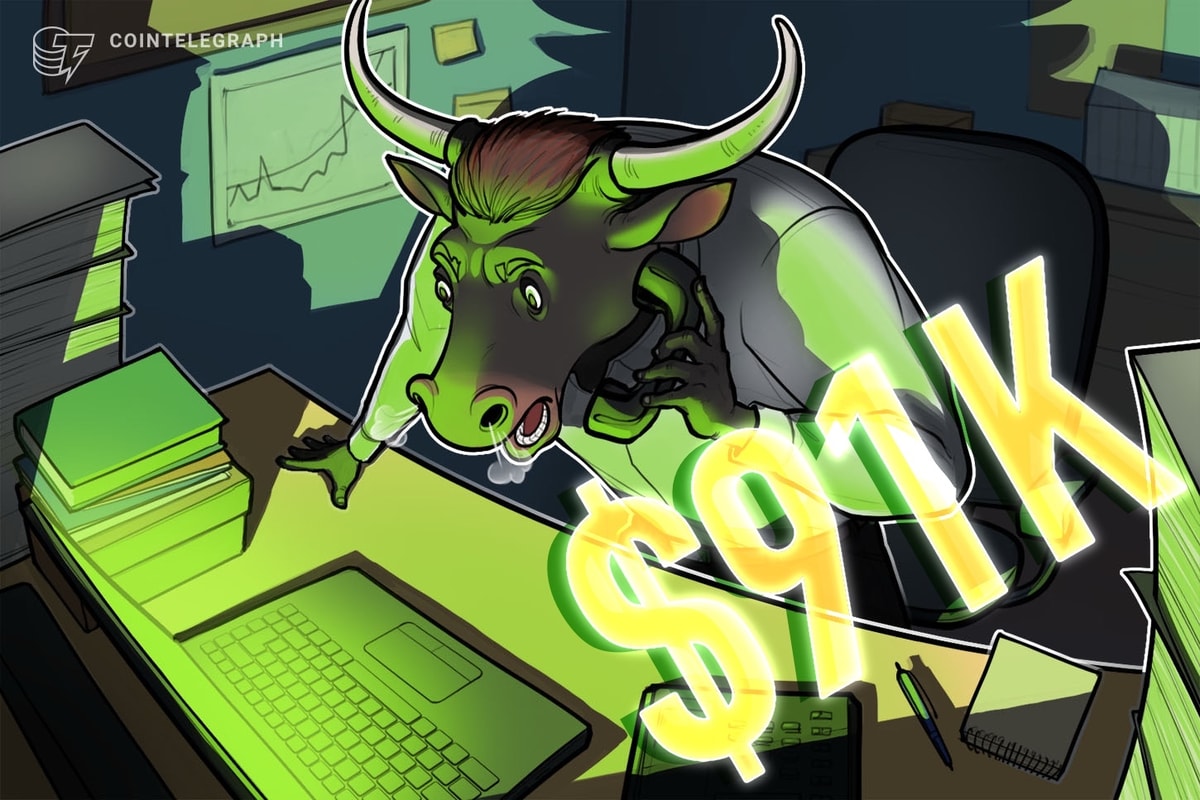As small countries declare Bitcoin legal tender, leading nations have moved to ban, regulate and tax crypto in a way that puts its growth in peril. We’re watching a shift in global power dynamics play out right before our eyes; we’re witnessing sovereignties make their first steps away from the legacy systems of yesteryear to meaningfully empower people. These changes will undoubtedly be met with resistance by those who fail to understand their significance.
El Salvador President Nayib Bukele can see how the future of money and finance might play out, and he wants to put his country of El Salvador in a position to benefit from that future. He just oversaw the passing of a Bitcoin legal tender bill. The central American nation would be the world’s first sovereign nation to adopt bitcoin as legal tender, alongside the U.S. dollar, which it adopted as the nation’s currency in 2001. In a video broadcast to Bitcoin 2021, which took place in Miami, and was billed as the biggest bitcoin event in history, Bukele announced El Salvador’s partnership with Jack Mallers’ Strike, a digital wallet company, to build a public digital wallet
“What could be the risks?” Bukele rhetorically asked during an interview. “You could get some people angry or mad at us. But, they haven’t been so good to us anyway.”
The President notes that 70% of people in parts of his country lack a bank account. “So, some banks may be upset, but they are not taking care of 70% of our people. It’s not like we’re doing good in the old system. So why not try a new system? For me, [Bitcoin] looks bulletproof. I’m pretty sure this is gonna work, not only for us, but for humanity, because it is a leap forward for humanity.”
Related Reading | El Salvador Bitcoin Day Bloodbath Sends Trading Volume Surging
Bukele wants El Salvador at the forefront of Bitcoin’s economic revolution. “Why not [try] this system that is open and free? It sounds a lot more appealing to me than the old system.”
At El Salvador’s border is where the combination of Bitcoin and governmental economic policy ends. When Bukele asked for technical help from the IMF to make Bitcoin purchases, the international body declined. The IMF has reiterated concern over the decision to make bitcoin legal tender, and analysts likewise see the bill as casting a shadow over discussions between the IMF and El Salvador.
“Recent tweets from President Bukele to fully embrace bitcoin as legal tender will likely further complicate and delay IMF technical discussions,” said Siobhan Morden, head of Latin America fixed income strategy at Amherst Pierpont Securities.

Bitcoin since its debut as legal tender in El Salvador | Source: BTCUSD on TradingView
According to Carlos de Sousa, a portfolio manager at Vontobel Asset Management, Bukele may have miscalculated. “Cryptocurrencies are overall a very easy way to avoid taxation and a very easy way to simply avoid the authorities because it’s a completely decentralised system, you can do money laundering, you can do tax avoidance and so on,” he said.
In the United States, the cryptocurrency industry was recently forced to mobilize after seeing crypto-related pork in a recent infrastructure bill. In need of a way to pay for the Senate’s bipartisan infrastructure package, lawmakers have eyed the cryptocurrency industry for tax revenue. A provision in the package requires cryptocurrency brokers and investors to provide more disclosure about their transactions to the Internal Revenue Service.
Related Reading | Why Is Ukraine Is Doing An “El Salvador” And Making Bitcoin Legal Tender?
“This can have a pretty significant impact on the development of some of the most important areas of innovation or will likely kill part of the industry or drive it overseas,” Perianne Boring, president of the Chamber of Digital Commerce, a lobbying group, said the legislation was being drafted too quickly. “We should be embracing this technology, not regulating it out of existence.”
Perhaps the Bitcoin friendly Senators can start looking towards Bukele for direction on how to integrate Bitcoin into civil life. “We’re not doing anything bad here,” said Bukele. “We’re just looking out for the best interest of the people…we’re looking into something that’s open, free and most importantly that will work.”
Bukele sees Bitcoin adoption as a huge game changer. “This is gonna be huge for us. And a huge example to humanity.”
Featured image from iStockPhoto, Charts from TradingView.com










